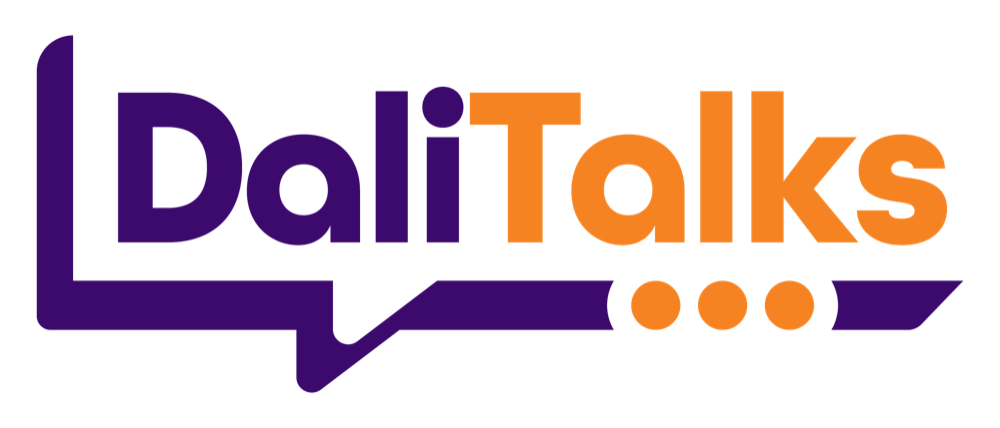Consent is not about sex and is all about rights and respect

(attached image here)
by Rosalia Rivera
Due to the #METOO movement, the word ‘CONSENT’ was brought to the forefront of cultural awareness. It’s unfortunate that it has taken a movement this big to create more awareness of what consent is and why it’s so important. Never the less, #METOO has helped to spread the concept of consent and make it mainstream.
Unfortunately, people think that it’s solely related to sexual consent. But in fact, it’s about our rights as free individuals to CHOOSE to have ANYTHING done with or to us.
Here’s the problem. We teach kids about consent only in the pre-teen or teen years, and some parents don’t teach it at all because they don’t know how to approach it.
Parents only relate consent to sexual consent and it makes them anxious to approach the topic. So their children are left unequipped to set or enforce boundaries or on the flip side, unsure how to ask for consent or read non-verbal cues.
So, how can parents approach the topic without making it related to sex, so that their kid(s) can learn about all the important aspects that relate to consent?
A Clear Defenition
You may have read that last sentence wondering: ‘What do you mean all the important aspects that relate to consent? I thought consent was pretty straight forward and just needs some basic explaining?”
If this thought crossed your mind, you’re not alone.
Most adults think it’s simple and straight forward, and that boundary crossers just don’t care to be respectful. Or worse, they think boundary crossers are sex-crazed deviants.
Let me break consent down for you so you understand the three different aspects and how to teach it to kids. You’ll see that although it is straight forward, it’s also layered and each layer needs to be fully understood.
Consent is about more than just giving someone permission to do or not do something with or to you. It’s about understanding that you have the right to withdraw consent AT ANY TIME because after all, it’s your body.
Body Sovereignty
The concept of your body being your own is called body sovereignty. This is the heart of consent; understanding that your body truly belongs to you, and only you. That means that a doctor still needs to ask you if they can touch you for treatment and they can’t touch you without your consent.
Then there is the concept of boundaries. Boundaries are something that is hard to develop, implement and enforce if you were not taught how to do it and it’s even harder to do if you’ve ever had any kind of boundary violation (sexual or otherwise).
Last, but certainly not least, there is ‘consent’. The question. The request for permission. And this is not straightforward. It’s not just that if the person you ask says no then it means no.
Most importantly, it means communicating. And not everyone has great communication skills.
So if someone didn’t say the word NO that does not mean they’re saying yes. It doesn’t mean that if they say maybe it means to try and convince them.
Also, it doesn’t mean that if they said yes before that it continues to mean yes, especially if their body language is not communicating openness and receptiveness.
Simple Examples
You see, consent can be practiced with tea, with hugs and it can be practiced at dinner.
We need to realize that consent is not solely about sexuality. In fact, when I teach kids about consent, I start with day to day interactions. Greeting family, or new friends. With how they interact with siblings playing with each other. We practice what consent sounds like, feels like.
For example, I start with teaching my kids that their body is theirs and then act like it. I don’t force them to eat when they’re not hungry. Why? Because I respect their boundaries and don’t beg them for a kiss on the cheek if they don’t feel like giving me one.
I make sure to tell the adults in their life that they’re learning about consent and insist that they also ask for a hug instead of just giving them one and to wait for the permission before proceeding.
You’ve Got This!
Remember, consent is not complicated, it just requires ongoing conversations to teach our youth about how to navigate all its aspects and become consent empowered.
So here’s the thing. If we don’t teach kids about consent when they are young, through non-sexual examples, and make it the standard instead of the exception for how we interact with each other, then the #METOO movement will have been for nothing and has the potential to repeat for the next generation.
Starting to teach kids about consent from a young age is the key, not only to prevent sexual abuse in childhood or adolescence or even adulthood- but it is key to preventing all types of bullying and coercion, to fostering respect and boundaries in all areas of life!
Rosalia Rivera is a passionate (and compassionate) consent educator and sexual literacy advocate. Her online platform, “About Consent“, offers two foundational courses for child sexual abuse survivors who are now parents that want to teach their kids about body safety, boundaries, and consent.
Rosalia will be launching “The Empowered Family” membership for parents wanting to teach their child about body safety, boundaries, and consent in October 2019.
Her new clothing brand CONSENTwear™ created for kids, teens and adults will launch at the end of the year.

